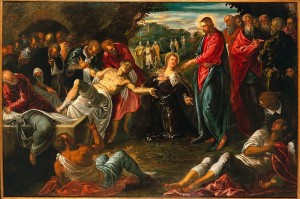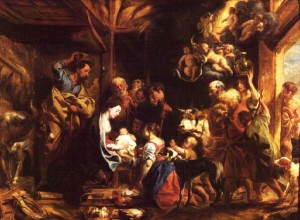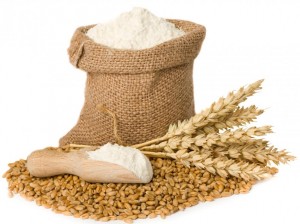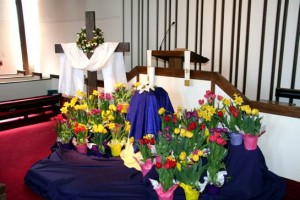Martha said to Jesus, “Lord, if you had been here, my brother would not have died. But even now I know that God will give you whatever you ask of him.” Jesus said to her, “Your brother will rise again.”
Martha said to him, “I know that he will rise again in the resurrection on the last day.” Jesus said to her, “I am the resurrection and the life. Those who believe in me, even though they die, will live and everyone who lives and believes in me will never die. Do you believe this?” She said to him, “Yes, Lord, I believe that you are the Messiah, the Son of God, the one coming into the world.”
(John 11: 21-26)
I suspect that from time to time we each wish God would free us from the necessity of facing death and wonder why God does not do so. Martha’s pained awords of loss after the death of her brother, Lazarus, echo in our hearts even if they do not escape our lips. The fantasy of God whisking persons off to heaven in whirlwind and chariot of fire like Elijah or the prospect of Christ descending in glory, heralded by archangels’ trumpets, and being lifted to meet Him are equally appealing. Yet our experience has more in common with that of Martha, Mary, and Lazarus than that of Elijah or those living at Christ’s Second Coming. Followers of Jesus may not be “of” this world (i.e. shaped by its values) but we continue to live in this world and so must deal with its adversity.
While faith in Christ does not remove us from this world or free us from its tribulations, it can sustain us and point to a reality beyond present circumstances. That’s what happened in Martha’s case. She knew Lazarus had been dead in his tomb for four days. Through grieving and hurt by Jesus’ delay she still made a powerful profession of faith the equal of St. Peter’s: “Yes, Lord, I believe that you are the Messiah, the Son of God …” Elsewhere in the Gospel of John, Jesus defines eternal life as a quality of existence characterized by relationship with God rather as a limitless number of years. By that measure Martha is already living eternal life. She is connected to God through Jesus Christ. Though Martha’s body may die – like that of her brother – she (her truest self) will not. Martha “gets it;” many of those watching when Jesus raises Lazarus do not. They are so fixated on the miraculous physical restoring of life that they miss the deeper truth Jesus is trying to convey. There is more to life than material existence and more to us than a physical body. Jesus said: “I am the resurrection and the life. Those who believe in me, even though they die, will live and everyone who lives and believes in me will never die.”
Do you believe this?





 In an age before supermarkets and seed catalogs the harvest season could be an anxious time of year. The quantity and quality of the
In an age before supermarkets and seed catalogs the harvest season could be an anxious time of year. The quantity and quality of the  On
On  There’s an old story about an ingenious monkey trap. Reportedly, the monkey hunters tie a coconut to a tree, drill a hole in the coconut just large enough for a monkey’s hand to reach in, and place a piece of fruit or a nut inside. The monkey comes and is easily able to reach his hand into the hole to grasp the food. Yet when the monkey closes his fist around his prize he can no longer withdraw his hand from the coconut. The delay provided allows a hunter to aim, shoot, and bag a monkey for dinner.
There’s an old story about an ingenious monkey trap. Reportedly, the monkey hunters tie a coconut to a tree, drill a hole in the coconut just large enough for a monkey’s hand to reach in, and place a piece of fruit or a nut inside. The monkey comes and is easily able to reach his hand into the hole to grasp the food. Yet when the monkey closes his fist around his prize he can no longer withdraw his hand from the coconut. The delay provided allows a hunter to aim, shoot, and bag a monkey for dinner.